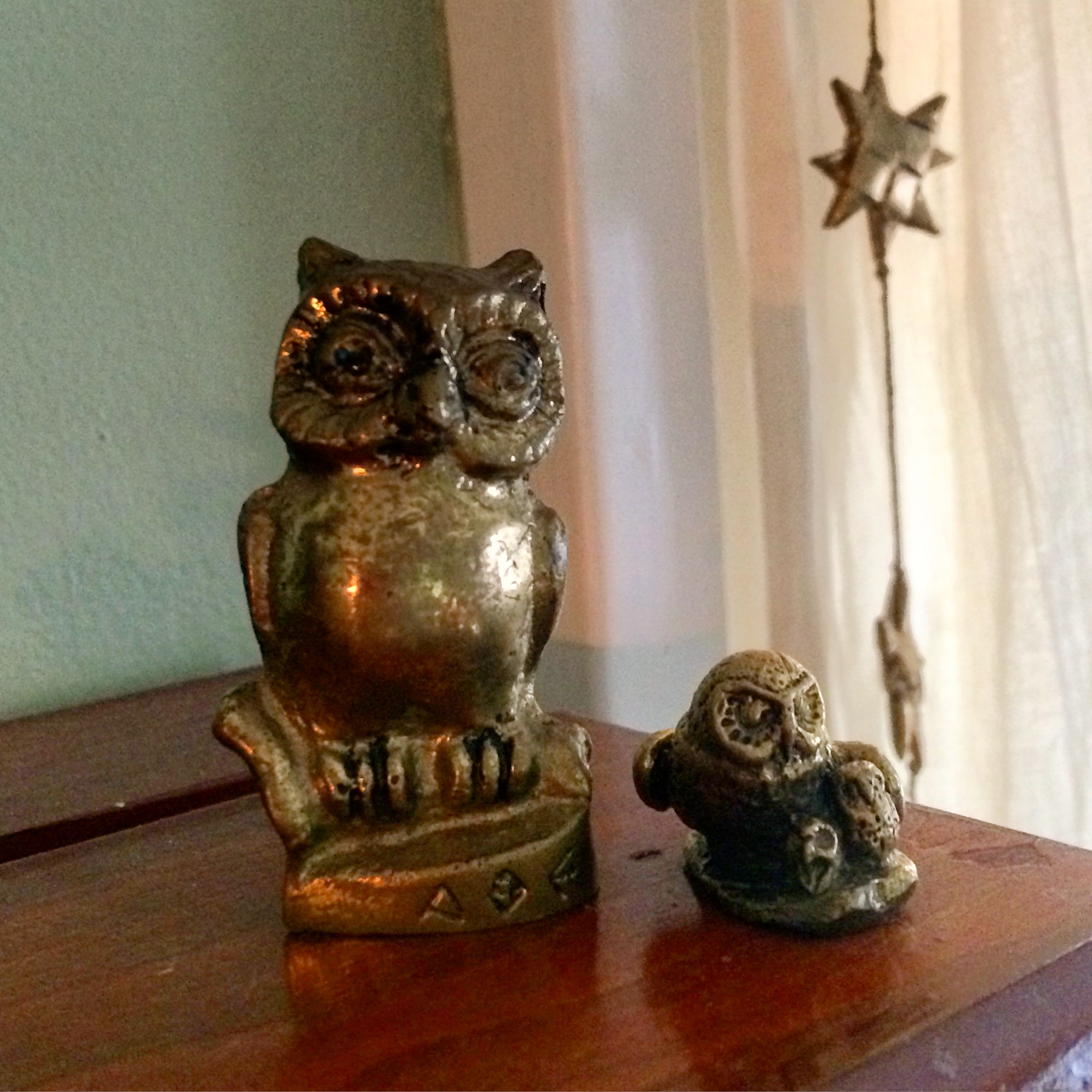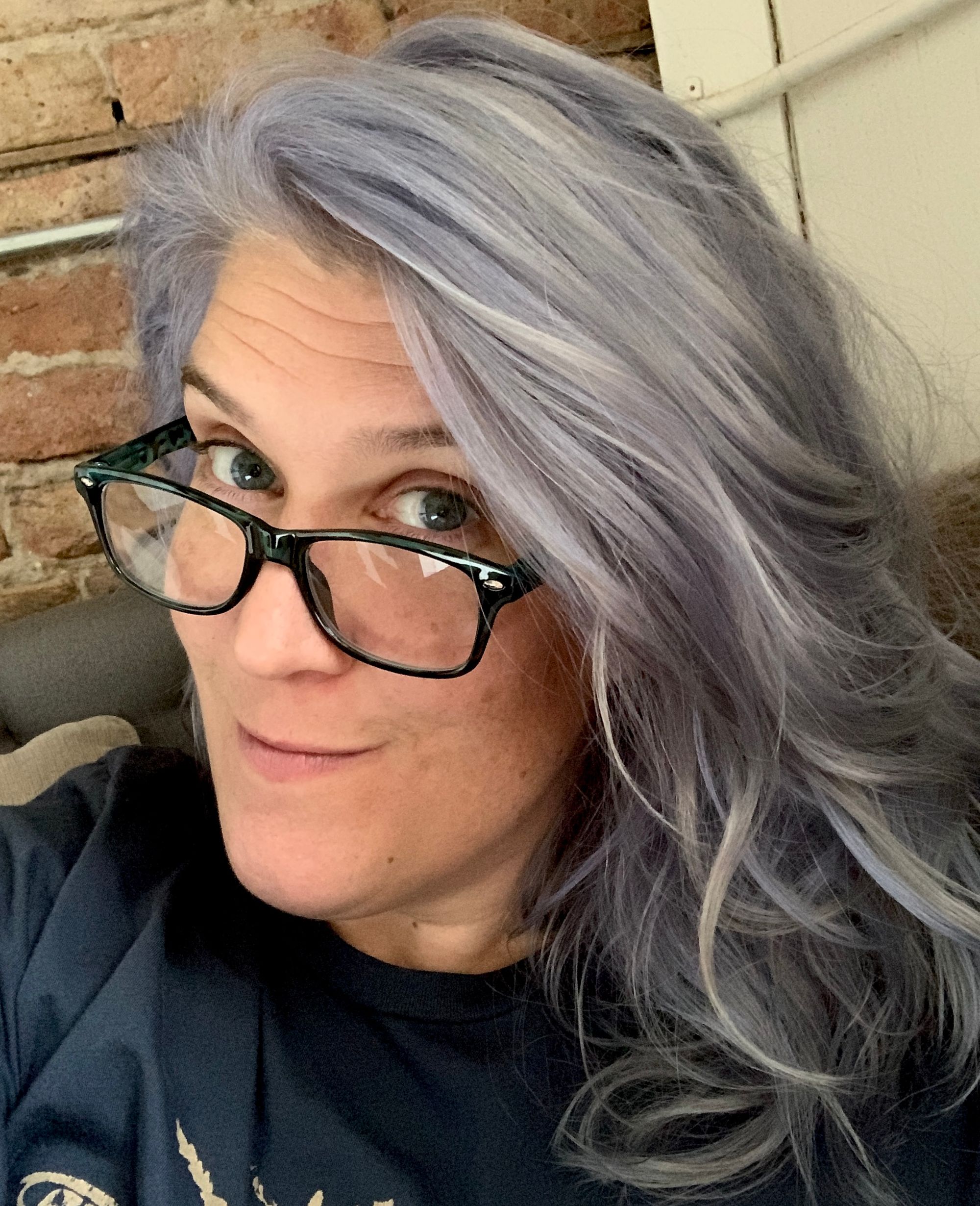A Eulogy for the Kind-of-Crappy
I'm not a fan of the traditional eulogy - the kind in which the dead person's faults are smoothed away, their accomplishments extolled, and platitudes are shared about the wonderful memories they've left us with and the impact their life had on the world around them. Don't get me wrong! I understand why people don't want to speak ill of the dead: it seems hardly sporting to complain about people when they can't defend themselves, and death is already such a downer that most people feel the need to make it more palatable somehow. Plus, there really ARE people who are as wonderful as their eulogies make them sound...people whose amazingness could never be captured in a single speech. (I work on medieval contemplatives, many of whom are actual saints, so I read a lot about this sort.) That said, when I die, I am going to be PISSED (or whatever the afterlife equivalent may be) if the people gathering in my memory don't tell stories about how ridiculously annoying I could be right alongside the nice stuff. I want my actual life celebrated, not just the bits that make for easy listening, and I think mourning is better when what you're mourning is real and not an idealized projection.
I'm a pretty average person, though, and (I certainly hope that!) people shouldn't have to strain too hard to come up with the nice stuff. But what should we say when the person who's died was...well, kind of crappy? You know - not just someone whom laconic Midwesterners would describe with a shrug and a "meh" but with a twisted grimace and a nasal "erhm...."
I ask because my uncle just died, and he was one of those sorts of people. He could be funny and charming and it's not like he was evil, but he drank and neglected his way out of his first marriage and the lives of his kids, and although he eventually stopped drinking, his life never took one of those made-for-TV-movie U-turns in which People Learn Important Lessons that end with reconciliations and happily blended families. Instead, he basically replaced the void he'd been filling with booze with a person. You'd think this would be an improvement, and in some ways it was, but insofar as he gave control of his life over to this other person it still involved an almost complete abdication of any sort of responsibility for his actions or attitudes, which anyone who's been on the receiving end of (especially his siblings and his kids) will tell you is just about as bad. He didn't contribute to his community, he never actualized his enormous intellectual or emotional potential, and what he's leaving behind is some oxygen tanks, the person with whom he was intertwined for the last decades of his life, and intensely complicated memories for everyone else who knew him.
I hope this isn't going to hurt or anger anyone else in my family. None of what I'm saying is secret, but people grieve in different ways, and - like I said - it's not like he was EVIL. He was just a kind of crappy human being for most of his life, and now he's dead and that will never have changed. And my point in writing this is to answer my own question about how to eulogize these sorts of people. Because here's what I want to say: EVEN CRAPPY PEOPLE MATTER.
My mother will miss her brother for the rest of her life. Not because he was such a fantastic sibling - there when she needed him (he usually wasn't) and supportive of her endeavours (he didn't usually seem to care much about them one way or the other) - but because HE MATTERED. She loved him. Point blank. Sometimes she also really disliked him, and there were some years in there where she might have gotten close to hating him, but she never stopped caring about him. None of the people in his family did, which is precisely why his death is so emotionally complex.
And that's what I think the sugar-coated eulogies miss. The more we talk about all the amazing things people did and the wonderful features that made us all appreciate them, the more it seems like those accomplishments and features were the reason that person mattered in the first place. And it's not. They mattered in the first place just because they were part of this messed up, broken world we're all bumbling around in. Good memories are sweet, and I hope that when I'm gone I've made the world a better place. But when it comes right down to it, that's not what will have given my life worth. I'm with Immanual Kant here: people are ends in themselves, bearers of infinite worth just via existing. And that means that when they're gone, we can mourn them for that loss.
I suppose my attitude about this is infused by my Calvinist upbringing and belief in the doctrine of total depravity, which I take it acknowledges the fundamental truth that everything in this world is broken, and every single one of us is messed up in ways that will be never be fixed in this lifetime. The best we can do is open ourselves to grace and move through this screwed-up space in ways that manifest kindness and love to ourselves and those around us. And if we don't do that? If we remain broken, and even break ourselves and those around us further? Well, we still matter. In fact, I believe that we still matter every bit as much as those wonderful people whose eulogies ring from the pulpit and whose memories warm the hearts of all who knew them. When we say of my uncle "May his memory be for a blessing," I honestly have no idea what that blessing will be. But maybe it's just this - the blessing of being reminded that every life has value, and that no matter how screwed up a life was, it's worthy of remembering.

